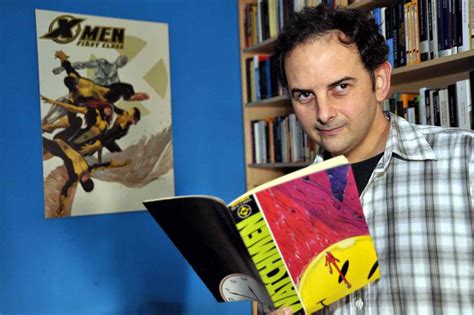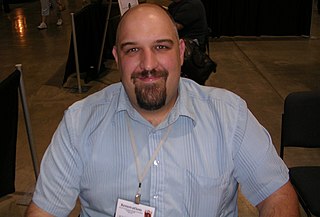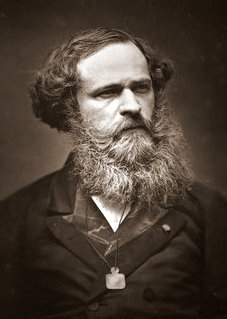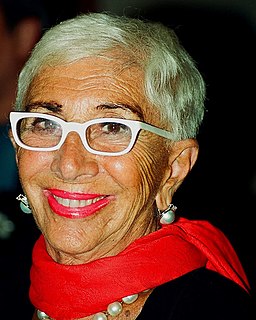A Quote by Mustafa Kemal Ataturk
To write history is as important as to make history. It is an unchanging truth that if the writer does not remain true to the maker, then it takes on a quality that will confuse humanity.
Related Quotes
The nightmare of censorship has always cast a shadow over my thoughts. Both under the previous state and under the Islamic state, I have said again and again that, when there is an apparatus for censorship that filters all writing, an apparatus comes into being in every writer's mind that says: "Don't write this, they won't allow it to be published." But the true writer must ignore these murmurings. The true writer must write. In the end, it will be published one day, on the condition that the writer writes the truth and does not dissemble.
If you are serious, and you want to make a living as an author, then you need to hustle. Period. If you can't make that quality, then you need to concentrate on your craft and practice more. One other thing, quality comes with practice. If you are prolific, then you become a better writer because you are writing. The more you do anything the better at it you will become. So in a way, quantity does add to quality.
What they teach you as history is mythology and true mythology is far from fantasy -- it is our true history. A bulk of our real history can be found in Egyptian and Greek mythology. Yes, myths reveal to us worlds of other dimensions that make up our true reality. History books teach us that the minds of the past operated on the same frequency, dimension, or level of consciousness as we do now. Not true at all.
if I love something I do it, and if I don't, I don't. I think that this is the most important choice that any of us can make in life, in art, in history: to do the thing you love. If you love it, it is important. If you love it then while you are doing it, you are a true expression of yourself and your time and your story. You are authentic. If you don't love it you betray not only yourself but also your history, your culture, your position in your society.
The true makes of history are the spiritual men whom the world knew not, the unregarded agents of the creative action of the Spirit. The supreme instance of this-the key to the Christian understanding of history-is to be found in the Incarnation- the presence of the maker of the world in the world unknown to the world. ... The Incarnation is itself in a sense the divine fruit of history-of the fullness of time-and it finds its extension and completion in the historic life of the Church.
History is not truth versus falsehoods, but a mixture of both, a mélange of tendencies, reactions, dreams, errors, and power plays. What's important is what we make of it; its moral use. By writing history, we can widen readers' thinking and deepen their sympathies in every direction. Perhaps history should show us not how to control the world, but how to enlarge, deepen, and discipline ourselves.









































